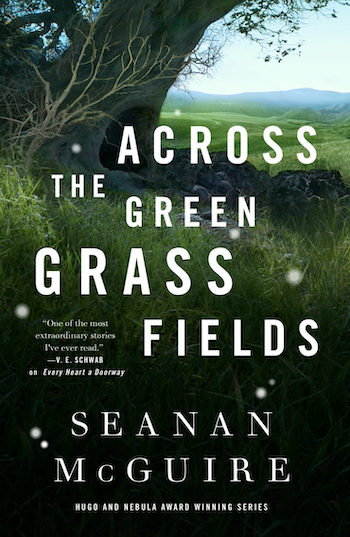Long years of living on the internet can make a body wise, but it can also make them weary and just a little bit cynical. Inevitably when certain topics come up, certain responses are as predictable as a stallion when the mares are in heat.
(What? You thought stallions were unpredictable? They aren’t, at all. What they are is reactive, and when mares come into the mix, they control those reactions with great and often wicked finesse.)
So last time I aired a peeve about language and metaphor, and as surely as a mare’s lifted tail sends her studlyboi into a fit of dancing and prancing, amid the lively and fruitful discussions, someone had to do it. They had to say it. The thing. The one someone always says.
When writing about anything, let alone horses, why bother to get it right?
Why not fake it, or make stuff up? It’s just a story, after all. Why go through all the trouble of researching and investigating and fact-checking when you can just throw something in there and move on?
Well, you don’t haaave to. People who don’t know the subject are unlikely to notice.
But people who do? Owie.
And they will write about it. They might write to you. They’ll review it or blog it or tell their friends about it. They’ll say, “This author Got It Wrong.” Sometimes in great detail and with extreme prejudice.
They’ll point to something that it says about you as a writer: that you don’t care enough about your craft to do it right. Worse, you don’t care about your readers. And readers, once you’ve taken your work out in the world (whether it be friends and family, crit groups, or publication), are what it’s all about.
If you don’t care to get it right, you’ve let your readers know you can’t be trusted. You aren’t doing your homework. You may not even know what you don’t know.
Trust is huge. It’s a mainstay of the contract between writer and reader. The writer trusts the reader to get their finer points, to understand what the characters are doing and why without being Explained To at every turn, to remember important details and pick up on the twists of the plot. In turn, the reader trusts the writer to pay attention, to build their world with care, to pursue their craft with integrity as well as skill. To get it right.
But here’s the thing. It’s not just dry old boring morals and ethics that makes it worthwhile. There’s another and much more personally gratifying reason to do your homework: More and better ideas for plot twists and even whole stories. Getting it right, if you do it right, makes the whole process more fun.
Buy the Book


Across the Green Grass Fields
The more you know, the more ammunition you have for doing awful (or, what the hey, wonderful) things to your characters. You need to keep your army out of commission for a couple of chapters while your Evil Overlord does Horrible Evil Things That Will Make Their Horrible End Even More Gratifying? Have an Evil Minion dump a few wagonloads of sweet feed along the horselines in the middle of the night. Voila! Mass colics in the morning.
Need a way for protagonist number one to romance protagonist number two without resorting to the usual expedients? Make one a horse kid and have the other show off their fantastic–and fantastically sexy–riding skills where the horse kid can watch.
Looking for a different kind of magic? Try some form of horse magic. Horse-whisperer-style mind control, maybe, or equine shape-shifters, or horses as incarnations of your world’s deities.
Even as more or less simple transportation, horses done right can move the plot in effective ways. If you know how far a horse can travel in a day, you’ve got a timeline to work with. If you’re aware of what a horse eats and how much, there’s your supply train, and various plot wrinkles that revolve around keeping it running smoothly despite the Evil Overlord’s worst efforts. And riding–how well or how often a character rides can determine how far they travel and what condition they’re in by the time they finish.
Getting it right is useful. It makes your work better not just in the absolute or moral sense, but in the sense of basic storytelling and effective plotting. It’s practical. It gives you more tools to work with.
And that, as every writer knows, is a good thing.
Judith Tarr’s first novel, The Isle of Glass, appeared in 1985. Since then she’s written novels and shorter works of historical fiction and historical fantasy and epic fantasy and space opera and contemporary fantasy, many of which have been reborn as ebooks. She has even written a primer for writers: Writing Horses: The Fine Art of Getting It Right. She has won the Crawford Award, and been a finalist for the World Fantasy Award and the Locus Award. She lives in Arizona with an assortment of cats, a blue-eyed dog, and a herd of Lipizzan horses.










